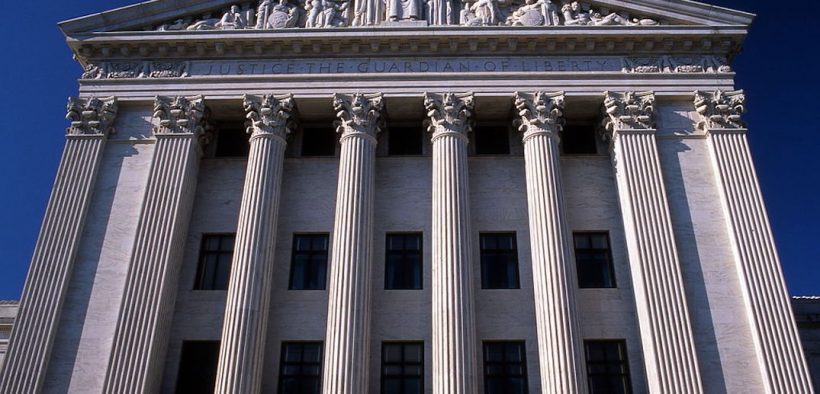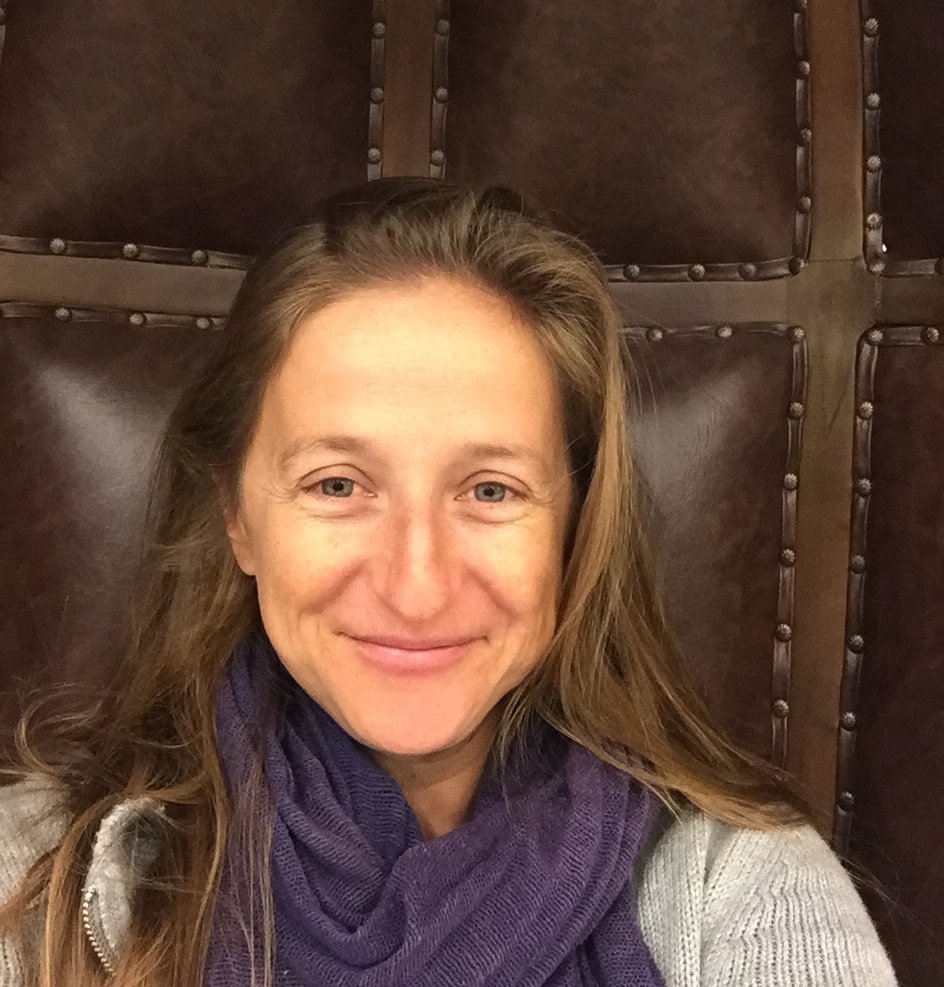Supreme Court to Hear Catholic Foster Care Case

In addition to having significant real-world impacts for foster kids and potential foster parents in Philadelphia, the case will set an important precedent for what kind of exemptions to antidiscrimination laws religious groups can expect to be granted.
On Monday the Supreme Court announced that it will hear the case Fulton v. The City of Philadelphia, Pennsylvania. The case will determine whether the City of Philadelphia can continue refuse to use the foster care agency Catholic Social Services, based on the fact that the group will not place children with LGBTQ foster parents.
In addition to having significant real-world impacts for foster kids and potential foster parents in Philadelphia, the case will set an important precedent for what kind of exemptions to antidiscrimination laws religious groups can expect to be granted. The verdict will also be a telling indicator not just of how conservative the current court is, but of what type of conservatives the Justices are. The court will have to choose to uphold the rights of individuals to be treated equally, and of the city of Philadelphia to demand that, or the majority may side with the religious group and determine they have the right to treat people differently.
The Case
Catholic Social Services (CSS) Archdiocese of Philadelphia is a collection of 501(c)3 charitable corporations that provide a range of services including “residential treatment programs for at-risk children, family preservation services, foster care, adoption, immigration services, counseling, senior citizen centers, programming for the elderly, transitional housing, homeless services, and care for medically fragile men and women.” The City of Philadelphia had contracted with CSS to provide foster placement for children. In 2018 the City canceled their contract after The Philadelphia Enquirer reported that CSS would not place children with LGBTQ foster parents.
CSS along with three foster parents, Sharonell Fulton, Toni Simms-Busch, and Cecelia Paul, sued the City. The basic questions of the case are: did the City of Philadelphia discriminate against CSS based on their religion; did the City of Philadelphia violate CSS’s first amendment rights by requiring them to adhere to the City’s antidiscrimination laws in order to be a foster care agency; and when can the government enforce laws that contradict with religious beliefs. This final questions will involve either upholding or overturning an 1990s case Employment Division v. Smith.
Precedent
So far two lower Courts have upheld Philadelphia’s right to enforce its antidiscrimination laws and not use tax payer money to contract with CSS or any private foster care placement agency that bars people based solely on their sexual orientation. The courts have concluded that CSS was not treated differently based on their religion and that there was not justification to exempt from the laws providing citizens with equal protection.
Employment Division v. Smith is the case that currently sets the standard for when a religious exemption can be granted. The case revolved around two Native American employees of the Oregon Department of Human Resources who were fired after taking peyote in accordance with their religious beliefs. The Court ruled that the laws against taking peyote were general and neutral and not targeted at any specific religion. This set the precedent for how to determine whether a first amendment violation had occurred in instances where laws and religious beliefs collide. Justice Anotnin Scalia, a noted originalist and staunch conservative wrote the decision in that case.
Of current conservative Justices John Roberts, Samuel Alito, Clarence Thomas, Brett Kavanaugh, and Neil Gorsuch, Gorsuch and Thomas are most often described as originalists. This case will present a deep test of their commitment to the original intent and values of the constitution, which clearly and repeatedly called for separation of church and state, or whether they will defend religious liberty over individual equality. How they decide will have wide ranging impacts in regard to whether and how religious institutions are allowed to discriminate especially against LGBTQ Americans, an issue that has come up repeatedly in recent years but remains somewhat unsettled by the Supreme Court.
Of course the case will directly impact foster care practices, not just in Philadelphia but in a large portion of the U.S. 29 states and 1 territory already bar foster care discrimination based on sexual orientation, 24 of these also bar gender identity based discrimination. But two of the states with laws on the books, and 9 others still allow state licensed agencies to use religion as justification to not place children with LGBTQ parents.
Private Foster Care
If foster care were entirely handled by government agencies this case would probably never have come up. However, private foster care is a big, and growing industry. Most private foster care placement agencies are NGOs, like CSS, but there are also for-profit companies that place foster children. In 2017 the Senate Committee on Finance released a report “An Examination of Foster Care in the United States and the Use of Privatization.” The report outlined widespread issues in systems in many states which left children vulnerable and had led to injuries and death of foster children. The report prompted the introduction of the Child Welfare Oversight and Accountability Act of 2017, but the measure failed to move.
The Catholic Church and Child Care
A facet of this that may not receive any legal attention in the case but is worth noting nonetheless is whether Catholic organizations are fit to have responsibility for the care of children. Over the last several decades the Catholic church as a global institution has repeatedly shown itself to be willfully, tragically negligent when it comes to the wellbeing of children.
After thousands of abuse cases within the Church dating back decades it was only late last December that the Pope lifted secrecy rules and allowed the Church to share information with authorities. There have been numerous reports of sexual abuse, physical abuse, and even murder of children who were housed in Catholic orphanages in the U.S. and elsewhere during the 1900s. This past week a priest who formerly worked in the Diocese of Altoona-Johnstown in Pennsylvania was accused of covering up sexual abuse and rape of children by other priests. Given the larger context of the Church’s treatment of children, CSS’s insistence on using the arbitrary characteristic of sexual orientation to eliminate potential foster parents raises troubling questions about the groups willingness to put the needs of children above the preferences of the Catholic Church.











